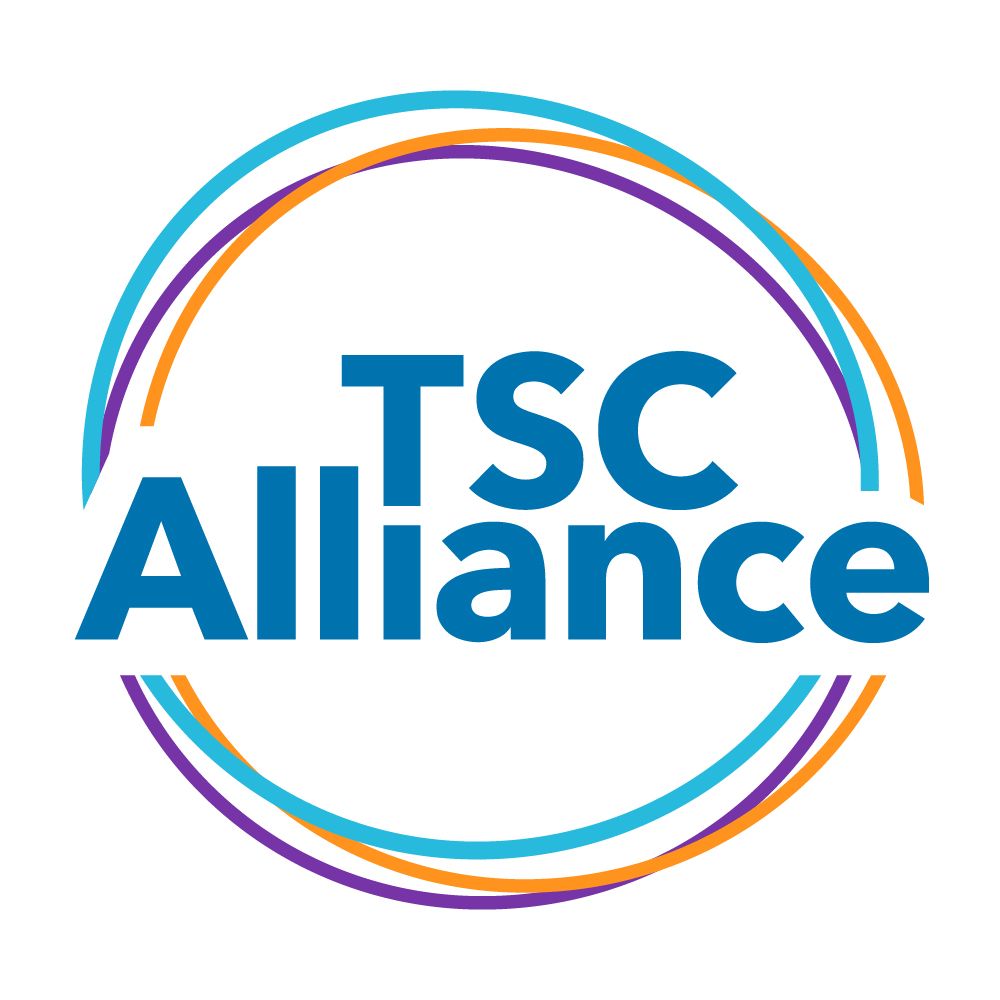
Gaining Greater Insights Into Tuberous Sclerosis Complex-Associated Neuropsychiatric Disorders: Elizabeth M. Cassidy, MPH

The research project manager at the TSC Alliance provided additional clarity into a new study presented at AES 2023 assessing the links between TSC-associated neuropsychiatric disorders and seizure duration. [WATCH TIME: 4 minutes]
WATCH TIME: 4 minutes
"We did find that there was a significant association with higher seizure burden scores with those who were diagnosed with autism in our natural history database. It shows that the co-occurrence of TAND and specifically autism goes with how we understand seizure severity."
Tuberous sclerosis complex (TSC), also known as tuberous sclerosis, is a rare genetic disease that causes non-cancerous tumors to grow in the brain and several areas of the body, including the spinal cord, nerves, eyes, lung, heart, kidneys, and skin. Most patients with TSC are impacted by seizures throughout their life, but other cognitive difficulties, behavioral problems, and skin abnormalities can occur. Because of its rareness, gathering data on the relationship between seizure duration and manifestations of TSC-associated neuropsychiatric disorders (TAND) has been difficult and limited.
At the
Cassidy, research project manager at the
REFERENCE
1. Cassidy EM, Moss R, Fuchs Z, Roberds SL. The association between TAND and seizure duration in TSC Natural History database participants using seizure tracking application. Presented at: AES 2023; December 1-5; Orlando, FL. Poster: 3.253
Newsletter
Keep your finger on the pulse of neurology—subscribe to NeurologyLive for expert interviews, new data, and breakthrough treatment updates.










